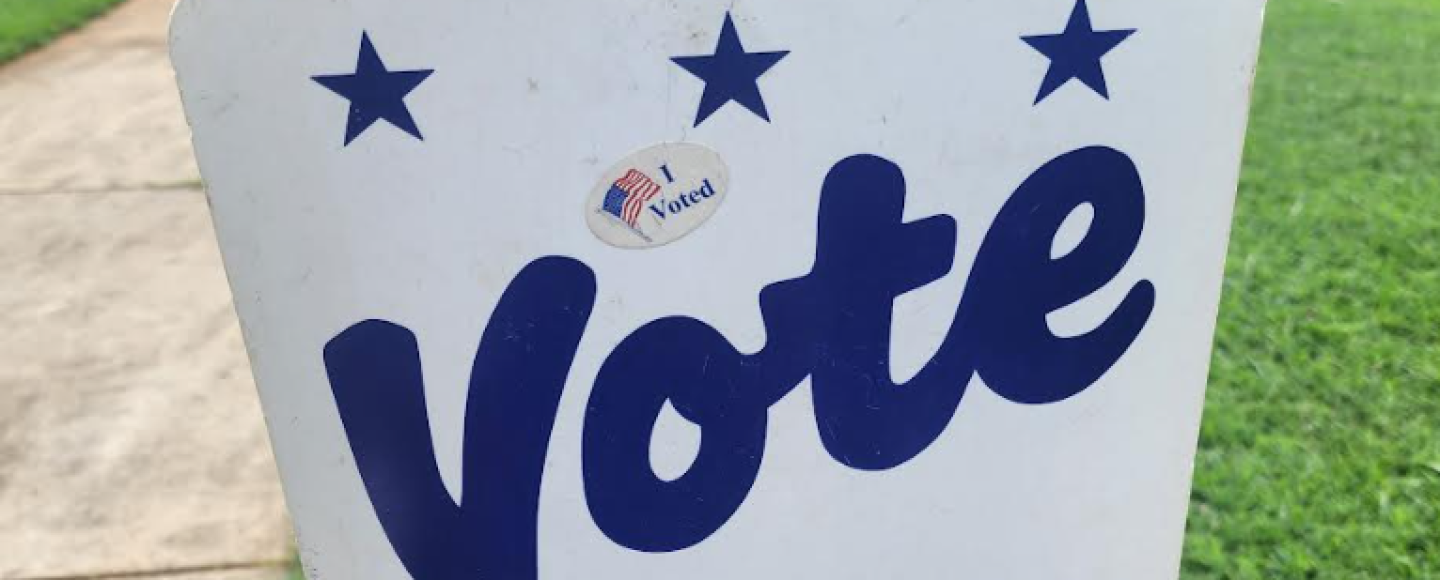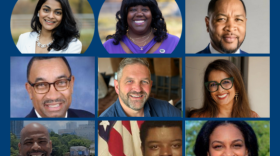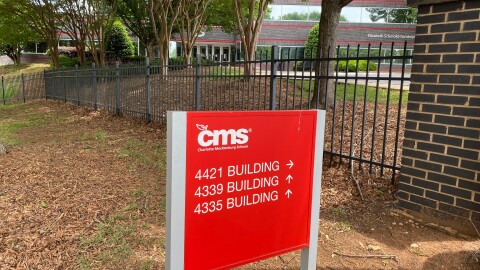Charlotte Municipal Election 2025

Municipal elections are being held in many North Carolina towns and cities Tuesday, Nov. 4. Here’s what you need to know about what’s on the ballot in Mecklenburg County, what to bring and how to show up at the polls fully prepared.
Mecklenburg County voters will decide whether to increase the sales tax from 7.25% to 8.25% to pay for a multi-billion-dollar transportation plan.
TRANSIT SALES TAX REFERENDUM
ON THE BALLOT
-
The Charlotte mayor serves a two-year term and presides over City Council meetings. The mayor casts tie-breaking votes and represents the city at events and ceremonies such as MeckDec Day. The incumbent, Vi Lyles, is running for her fifth term. The winner of the Democratic primary will face Republican Terrie Donovan and Libertarian Rob Yates in the general election.
-
Charlotte voters select four at-large council members. Charlotte registered voter mix is 39% Democrat and 19% Republican. The four winners of the Democratic primary will face two Republicans, Edwin Peacock and Misun Kim, in the general election.
-
District 3 includes much of western Charlotte, including the airport and Steele Creek. Forty-seven percent of registered voters are Democrat and 14% are Republican. This district is a heavily minority district; 42% of its registered voters are black. The winner of this race will face Republican James Bowers in the general election.
-
District 6 is in south Charlotte and covers the area around South Park Mall. District 6 has one of the highest percentages of registered Republicans in the city and this is expected to be a competitive race in both the primary and general election. Of Mecklenburg County’s 155,000 registered Republican voters, 25,000 are in District 6. The winner of this primary will face Democrat Kimberly Owens in the general election.
Candidate profiles republished with permission from the Charlotte Ledger/Election Hub.
MORE ABOUT CHARLOTTE CITY COUNCIL CANDIDATES
Six of the nine seats on the Charlotte-Mecklenburg Schools Board of Education are up for grabs this November. These elections are nonpartisan, and two of them will feature no incumbent, meaning guaranteed fresh faces on the board. To help you learn about the candidates and decide, WFAE asked each candidate to answer a questionnaire about their experience, priorities and position on important issues. Their answers have been edited for typos, but are otherwise presented in full.













